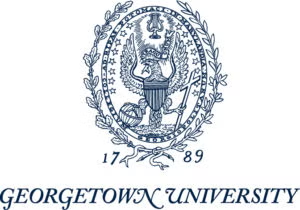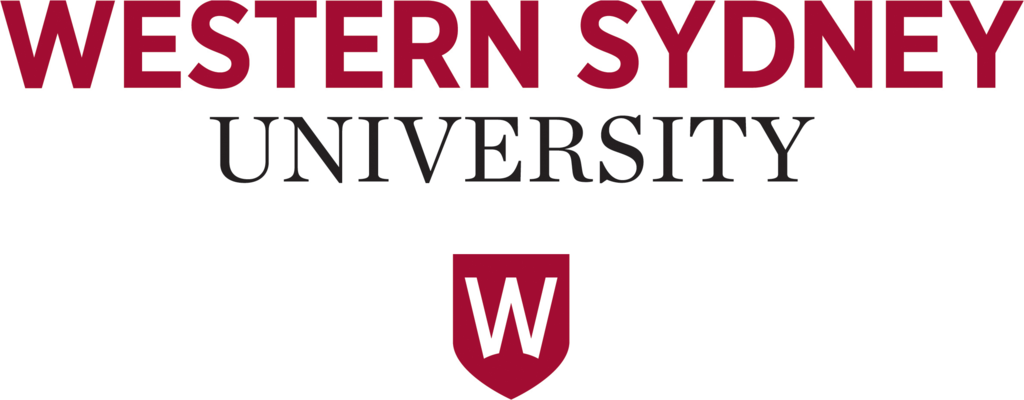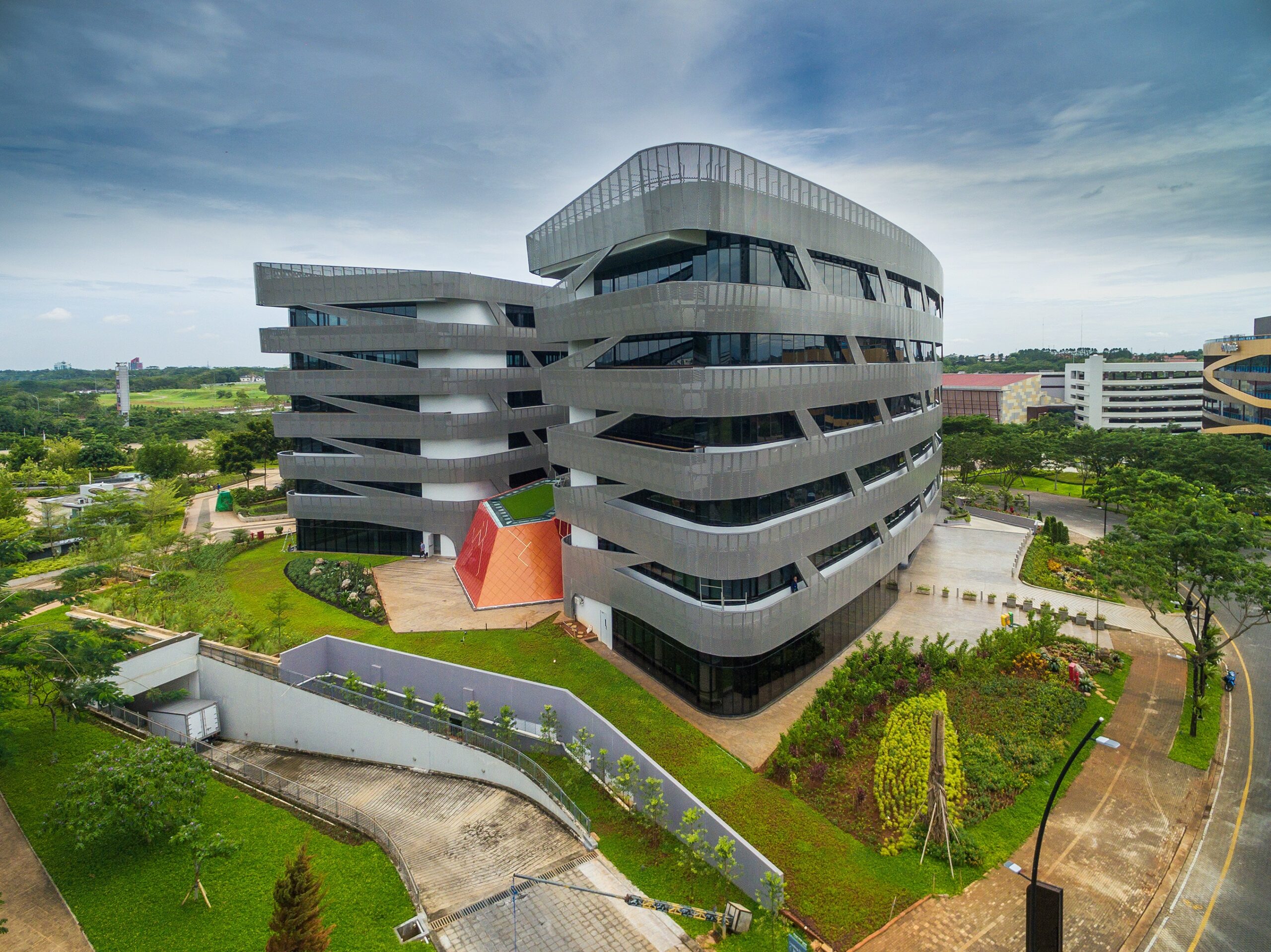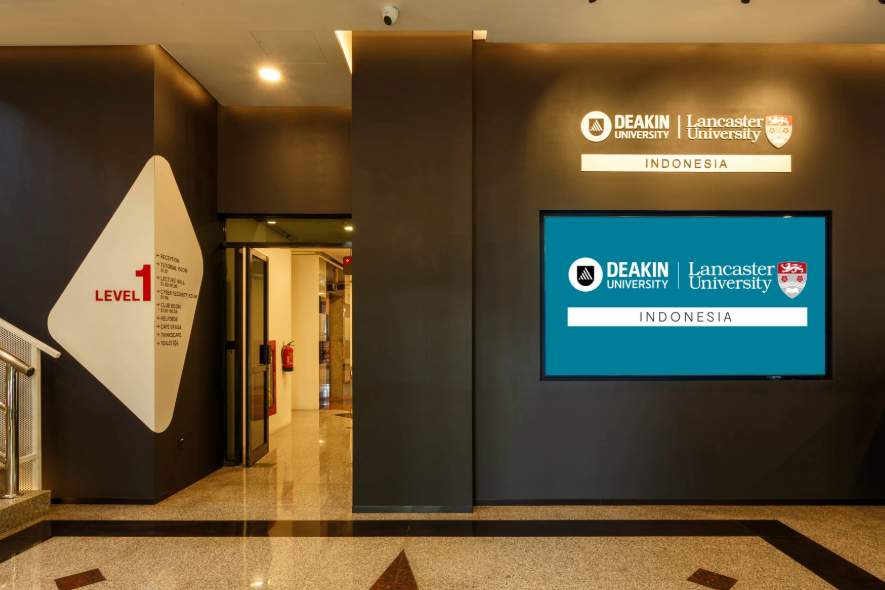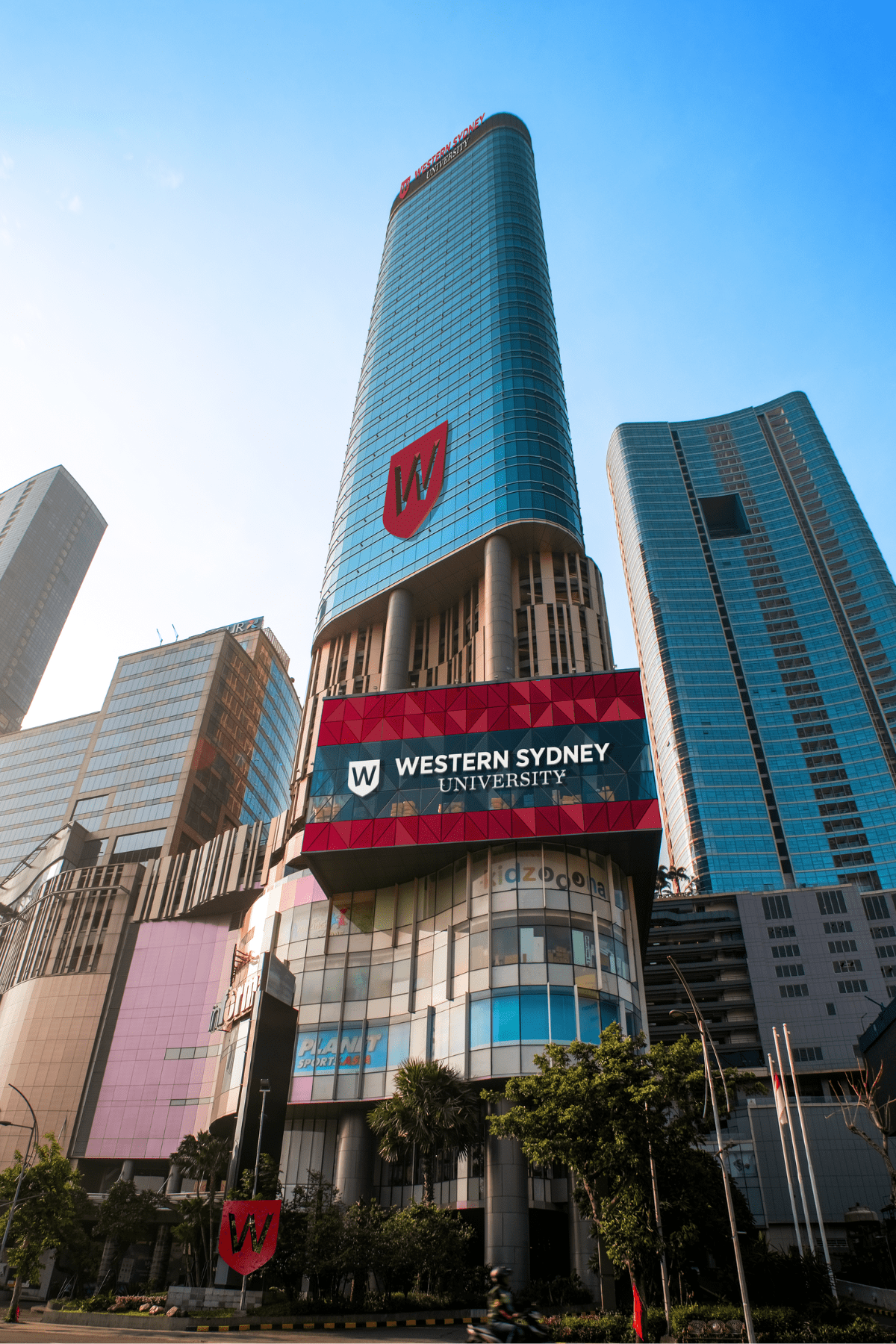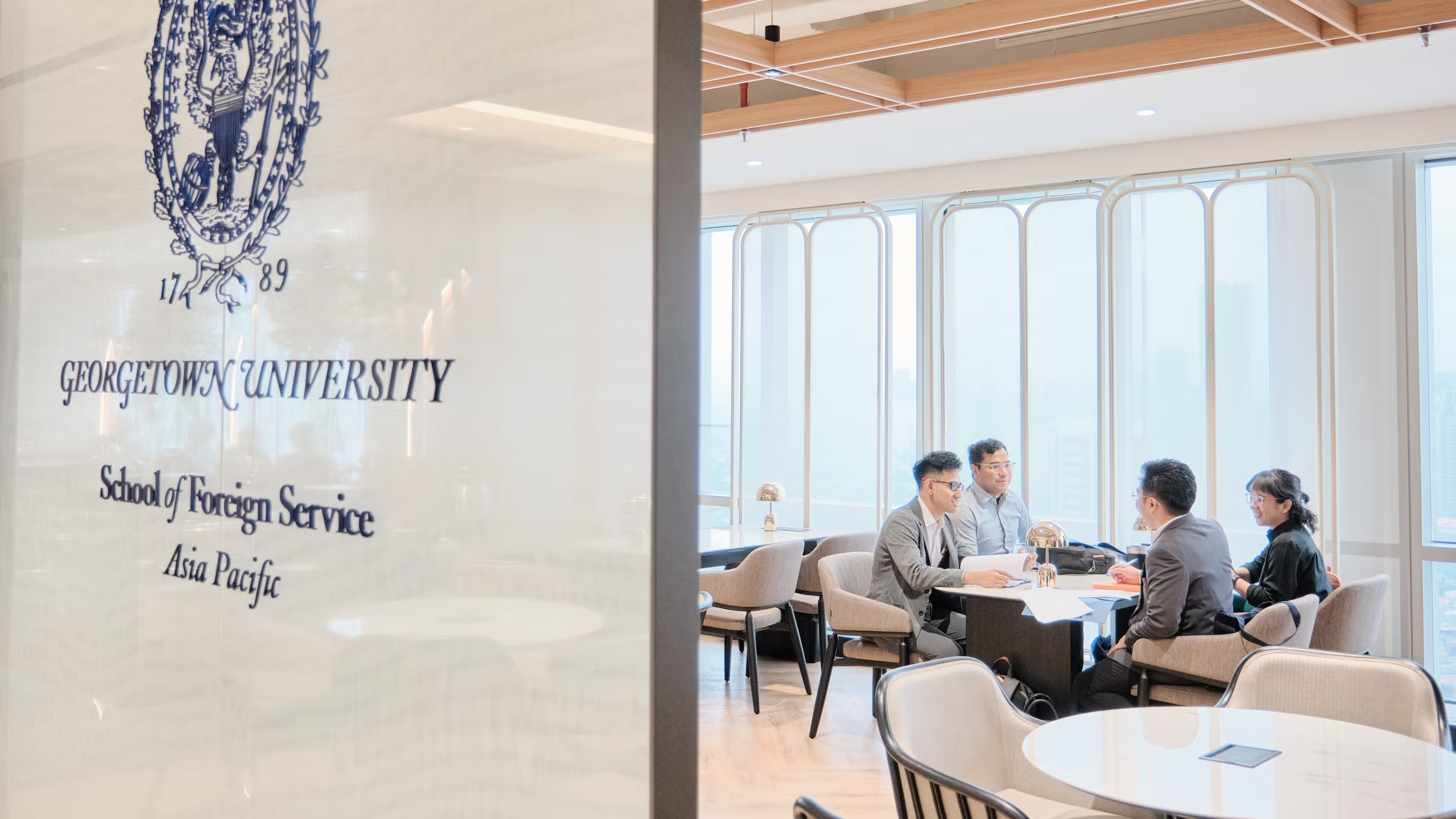Indonesia
Market Snapshot
Indonesia, currently the world’s fourth most populous country (280m+) and the largest economy in Southeast Asia, presents a compelling case for foreign universities seeking to expand their global footprint. With a rapidly growing middle class, a youthful demographic, and a strong government push for higher education reform, Indonesia offers an environment ripe for international academic collaboration. As demand for quality education outpaces local supply, foreign institutions have a unique opportunity to establish branch campuses that cater to a burgeoning market of ambitious students eager for globally competitive qualifications. The welcoming of foreign universities is not only driven by the increasing aspirations of students and parents for globally recognised education, but by policy reform at the heart of Indonesia’s government agenda to become one of the world’s top 5 global economies in the next 20 years.

Established IBC’s
Since the first IBC was licensed and established in 2021 (Monash University – BSD SEZ), 5 additional university licences have been granted, resulting in 4 additional operational IBC’s.
Policy Reform
In 2021, the Indonesian government implemented significant policy reform to attract global top 100 universities willing to locate and operate postgraduate programmes within a higher education licensed Special Economic Zone (SEZ). Indonesia has 24 designated SEZs and those permitted for higher education purposes can accommodate 100% foreign ownership of International Branch Campuses (IBC’s). Benefits of establishing within an SEZ include streamlined approval processes, tax holidays and eased faculty work permits.
Further policies were enacted in the years to follow, now permitting IBC’s to be established outside designated SEZ’s, while also welcoming undergraduate provision and greater eligibility (global top 200). The reform aims to enhance the quality of education and foster international academic standards, aligned with Indonesia’s educational demand and national development goals, particularly in the fields of Science, Technology, Engineering, & Mathematics (STEM) as well as Modern Business and Tourism.
Regulatory Environment
While Indonesia’s regulatory framework is increasingly open to international partnerships, it remains complex and requires significant due diligence, engagement with local legal counsel, and alignment with evolving education policy direction. Thorough planning and compliance with several administrative, academic, and operational standards must be navigated. Any university meeting eligibility requirements will find a particularly accommodating regulatory environment within an SEZ (lesser so outside of an SEZ) – requiring lengthier approval times and accompanying submission detail. While a non-SEZ IBC base such as Jakarta or Surabaya may be perceived favourable initially given a present captive student market, SEZ’s should be factored given projected growth and governmental support as below.
Considerations for an Indonesian IBC
IBC Models
Several IBC models have been implemented in Indonesia as below:
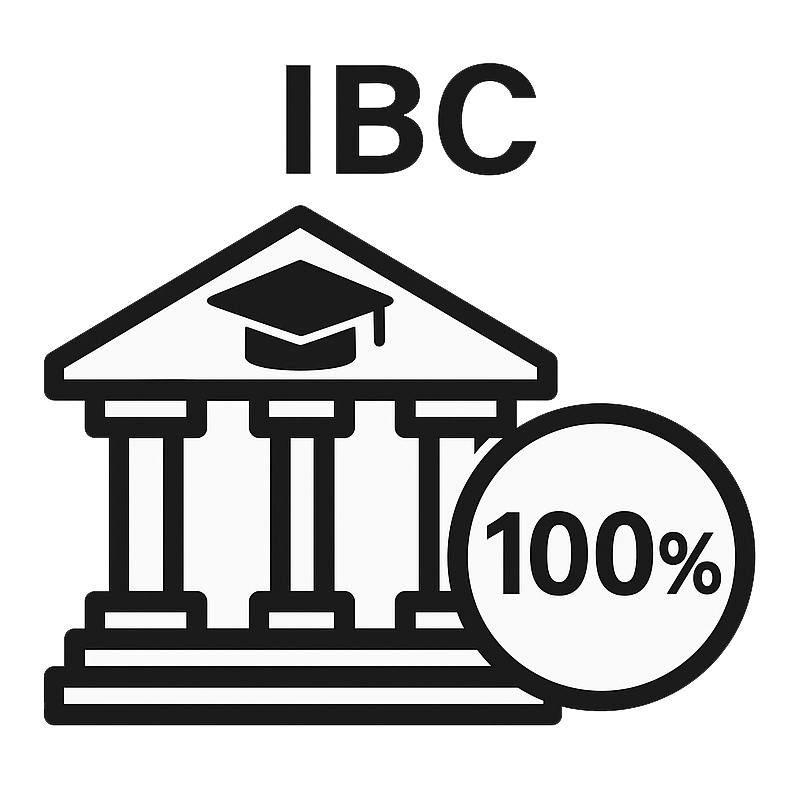
IBC with 100% Independent University Investment
The establishment of an overseas branch campus with complete financial investment, management oversight and academic direction and control by the foreign university.

IBC Joint Venture (Financial / Infrastructure risk offset)
The establishment of an overseas branch campus with complete or partial Indonesian investment or external private equity group investment. Academic direction and control are retained by the foreign university, with management and operations mutually agreed.

IBC (Multi-Institution)
The establishment of an overseas branch campus eco-system delivered through a consortium of universities. Financial offset given the collective approach; academic direction and control are retained by the foreign universities, with management and operations mutually agreed.
Location / Infrastructure
When assessing potential locations for IBC’s in Indonesia, it’s essential to distinguish between the demand dynamics of Java and beyond. Java is the world’s most populous island and Indonesia’s most economically advanced, home to major urban centres like Jakarta, BSD City, Bandung and Surabaya. These cities are characterised by dense student populations, mature education ecosystems, and an increasingly global outlook among families and institutions.
There is already a high concentration of public and private universities in these urban hubs, yet demand continues to outpace supply, particularly for internationally recognised programmes and qualifications. Students in Java are also more exposed to global education trends, and many have aspirations to access international education standards. This creates a prime environment for IBCs to establish campuses that are both competitive and sustainable, especially in areas like BSD City, which are purpose-built for innovation, education, and global investment.
In contrast, cities outside Java, such as Makassar, Medan, and Balikpapan offer untapped potential in regions that are increasingly urbanising and seeking to improve educational infrastructure. These cities serve as regional economic hubs and attract students not only from within the city but from surrounding provinces that lack access to quality tertiary education. Openness to establish in these localities today should be confined to a more pro-risk university, but those that seek to review the merit may find benefit in government development and support initiatives.
While outside Java, Bali should be classified in a category of its own. A haven for both expat families and Indonesian’s attracted by Bali’s vibrant lifestyle and work opportunities, the island has a strong concentration of international schools, with 2 of Indonesia’s 24 SEZ’s. Factors such as climate, safety and sport / entertainment offerings position Bali as the most likely destination in Indonesia to attract international students for studies at an IBC.
LPDP Scholarship
The Lembaga Pengelola Dana Pendidikan (LPDP) is a scholarship program funded by the Indonesian government through the Ministry of Finance. Established in 2012, LPDP serves as a strategic instrument to strengthen Indonesia’s human capital development. It provides fully funded scholarships for postgraduate education, primarily at top-ranked institutions abroad, with the aim of creating future leaders, professionals, and academics who will drive the country’s national development goals.
LPDP has started to recognise IBC’s, confirming eligibility on the approved LPDP domestic list to receive government funded postgraduate students, marking an additional incentive for the Universities that presently feature on the overseas recognised list, or can make a case to the Ministry of Education to feature, boosting their enrolment potential.
Programmes being delivered by the following IBCs in Indonesia are recognised:
